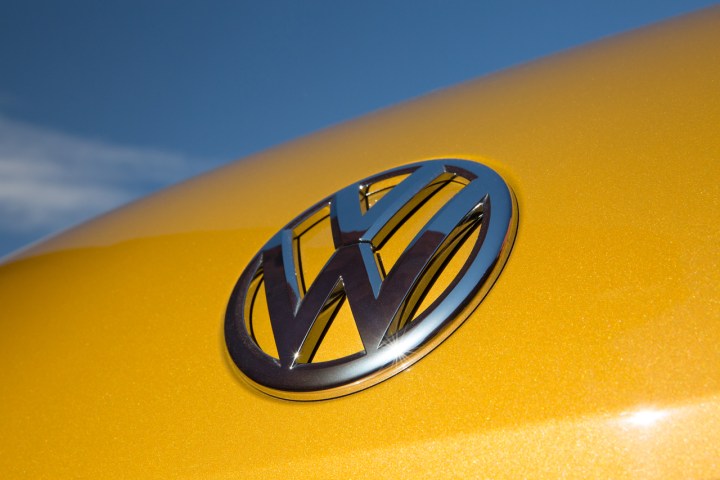
As he announced the “Together — Strategy 2025”, Müller said, “We have launched the biggest change process in Volkswagen’s history.” Changes include vehicle electrification, autonomous cars, mobility services, improved gas and diesel emissions, changes in emissions testing, and a renewed focus on rebuilding trust in VW Group.
Regarding vehicle electrification, Müller reaffirmed multi-billion euro investment in an “electrification initiative second to none in the industry.” Müller continued, “We expect that by then [2025] we will be selling about 2 to 3 million pure-electric automobiles a year. This will account for a significant share — an estimated 25 percent — of our total sales volume.”
Autonomous driving, mobility services including ride sharing, and new business opportunities in energy and batteries will feature in the company’s future. “Fully autonomous vehicles with a self-driving system developed in-house will enter the market by the beginning of the next decade. Cumulative investment in new autonomous mobility solutions will amount to several billion euros.”
It’s not all electric cars and autonomous driving, however. VW will continue to improve its internal combustion engines. “We are also continuing our intensive efforts to enhance the environmental compatibility of our diesel and gasoline models,” Müller said. He then that by 2017, “We will successively equip the Group’s new TSI and TFSI engines with gasoline particulate filters.” Those filters should significantly reduce emissions.
The diesel engine recall is speeding up and future testing won’t be done in-house. Plans have been approved in Germany by the Federal Transport Authority to recall 3.7 million+ vehicles. Going forward VW will no longer do its own emissions testing. “We have therefore decided that emissions tests at our company will, as a general principle, be externally evaluated by independent third parties in future.”
Volkswagen Group is pledging to “become a model for a modern, transparent and successful company in terms of ‘Integrity & Legal Affairs.'”
“What’s done cannot be undone. But what does lie in our power is ensuring we act in a responsible manner. This is our commitment to you. What unites all of us with a role to play here at Volkswagen — whether it be the Supervisory Board, Board of Management, executives, employee representatives or workers — is the desire to do everything we can to win back trust.”



